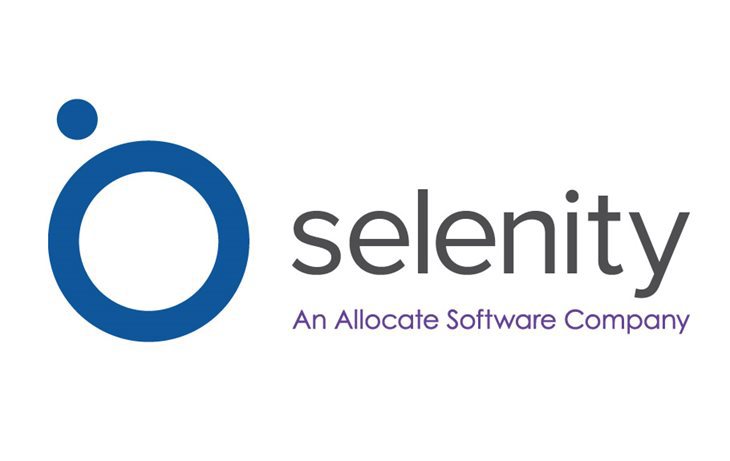“Conversations with magic” are needed during times of change, according to Colin Coombs, an independent learning and development consultant who worked with Tate Galleries, and Vilma Nikolaidou, associate director of people strategy at University of the Arts London.
Speaking on day two of the CIPD’s Learning and Development Show, Coombs explained that these “magic” conversations come out of the “reframing and rebadging of difficult conversations” into positive ones.
He said that during an organisational transformation it is important to “look for pockets of good practice that already exist, and solutions that are already there so that change can happen much quicker”.
Nikolaidou described the power of a Solutions Focus approach. Rather than start with the problem, this method involves starting with the future solution or end goal. She explained that while such an approach is widely regarded as a coaching tool, this model can be successfully applied to change management.
This approach was key when Coombs and Nikolaidou – then Tate’s head of organisational development – were tasked with leading employee engagement and development plans for the new Tate Modern extension that opened in June 2016.
Instead of asking questions like ‘what is the problem?’ and ‘whose fault is it?’, Coombs said there should be a shift to asking solutions-focused questions like ‘where do you want to get to?’ and ‘what resources do you already have that could help you get there?’
For the development of the new Tate building “the scale of change for the organisation was huge”, added Nikolaidou. Challenges included finding funding for the project, bringing in and working with new artists, and developing the new building itself. All brought uncertainty for employees.
“Learning wasn’t even ranked in the top 10 priorities for the transformation, so it was a challenge to get people to think about change as a learning experience,” she said.
But the Solutions Focus approach presented a “chance to put learning centre-stage in the organisation”.
The aim was change management, she said, "but within this there is the need to coach and train people to think differently and grow their skills, so we used this coaching approach for these ends."
This coaching method also brings greater collaboration, Coombs said. But, for teams to feel comfortable with the approach, he advised using the method to: reframe the problem; get creative by setting clear goals, providing immediate feedback and balancing challenge with skills; and ask teams great questions.
The Solutions Focus model was developed by Steve deShazer and Insoo Kim Berg and was originally used in therapy before being applied to coaching. As well as focusing on solutions not problems, its principles include change happening in small steps, and the idea that people already have the resources they need to change.










